This university based in New York is an emerging leader in medical and healthcare education
Now in its 50th year, Touro University offers a wide range of undergraduate and graduate programs and continues its strategic push to become one of the nation’s leaders in educating health care and medical professionals.
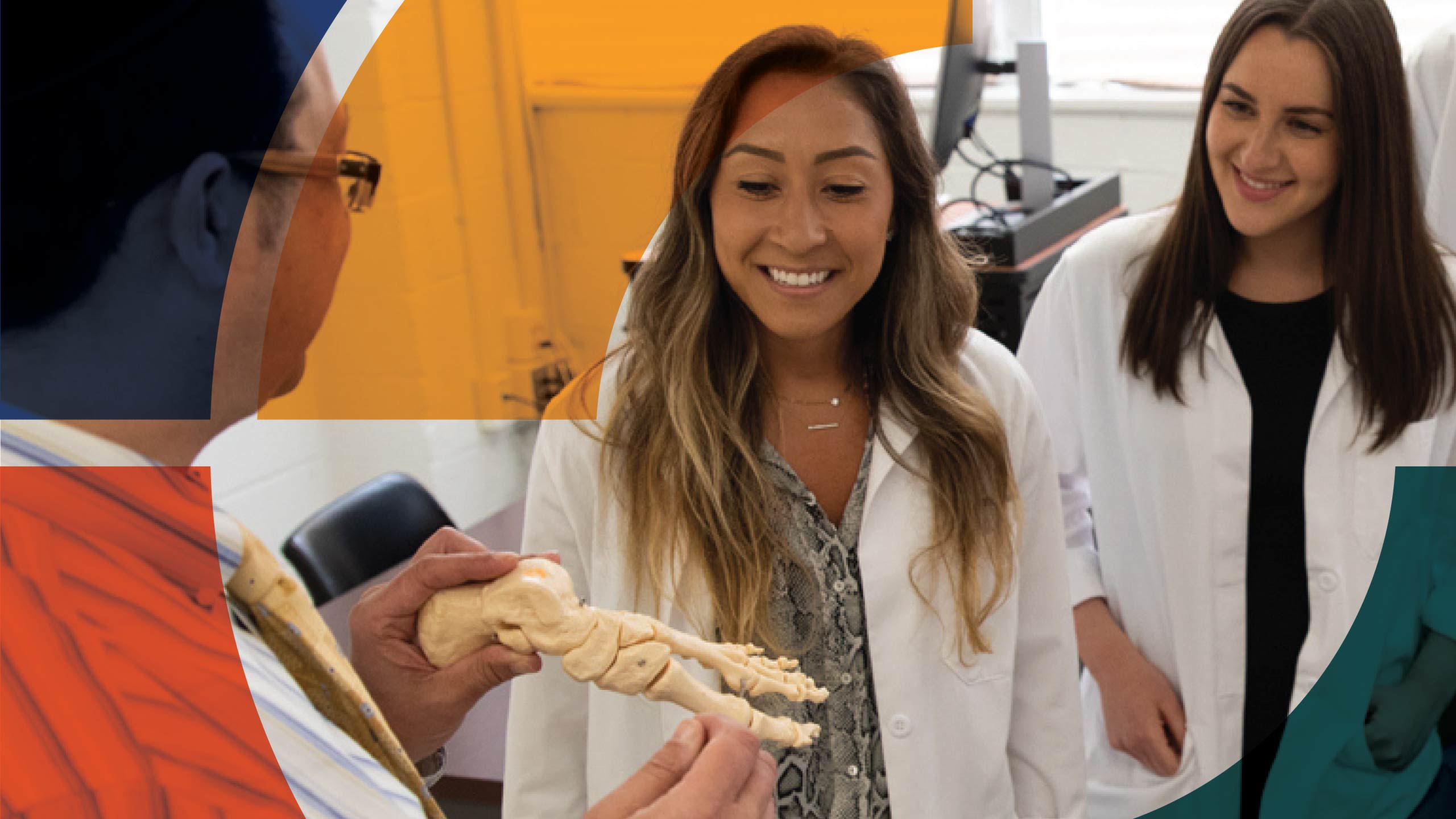
The past several months have been a whirlwind for the institution formerly known as Touro College and University System.
Based in New York City, Touro is celebrating its 50th anniversary and recently announced it will create a new central campus in an iconic Times Square skyscraper. Eight floors of the building will become a state-of-the-art home for several of Touro’s schools, including its pharmacy school and its graduate schools for social work, education, technology and Jewish Studies as well as the occupational and physical therapy programs.
In February, New York State officially recognized Touro’s advanced academic standing and granted it university status. Touro marked this milestone with a name change: Now, the institution is simply Touro University.
These major changes have come after a decade of strategic expansion that has quietly built this private nonprofit university into a nationwide leader in medical and health care education. Not only is Touro educating a new generation of health care professionals, it’s also serving the underserved in the many communities near its campuses.
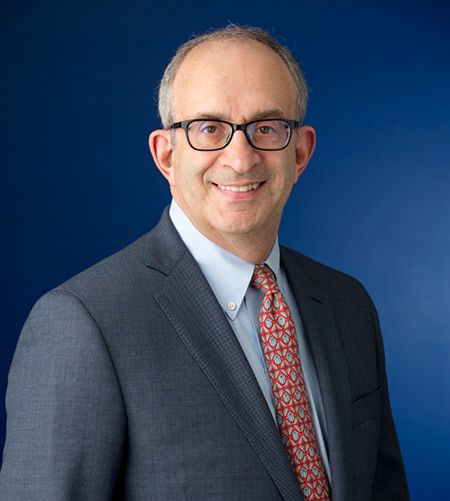
Alan Kadish, M.D.
Alan Kadish, M.D.
Touro’s expanded offerings in high-demand health care fields are “meeting student demand and societal needs,” university President Alan Kadish, M.D., said. “It’s fulfilling both of our missions. That’s the key.”
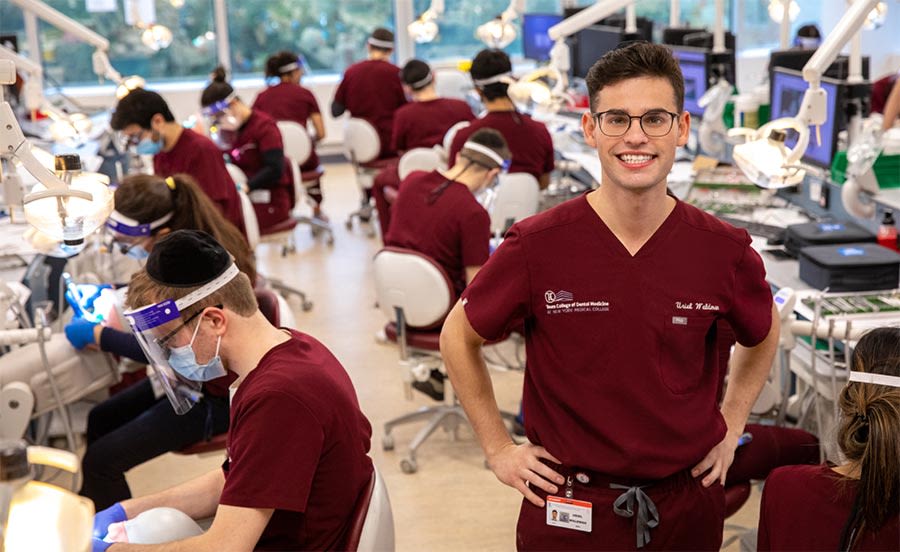
A short history of Touro
Touro opened its doors in midtown Manhattan in 1971 with 35 students. This liberal arts college was founded by Dr. Bernard Lander, a rabbi and sociologist, and named for a pair of colonial-era Jewish leaders and philanthropists.
Lander built a school that offered professional and Torah studies that would strengthen the Judaic tradition and serve its broader community. Over the years, Touro developed a reputation as a career-focused teaching institution that offered an affordable education to a diverse student population.
During the 1980s and 1990s Touro opened graduate programs in education and health sciences throughout New York City. Touro’s physician assistant program pioneered training in specialty fields to make PAs practice-ready as soon as they earned their degrees.
Today, Touro has grown to a full-service university with 19,000 students across 35 different schools and colleges. Touro now offers a comprehensive undergraduate program, schools in both law and business, doctoral programs in psychology and Jewish studies and five medical schools.
New York remains Touro’s home base, though the university has expanded beyond midtown Manhattan into Harlem and two other New York City boroughs as well as Long Island, Westchester County and further upstate. Touro also has schools and programs in three — soon to be four — other U.S. states as well as overseas in Jerusalem, Berlin and Moscow. Though most of the current student body isn’t Jewish, Touro remains the largest Jewish-sponsored educational institution in the United States.
A decade (and more) of growth
When Kadish became Touro’s second president in 2010 after nearly two decades at Northwestern University’s medical school, Touro embarked on a program of ambitious and strategic growth that has put the university in the forefront of medical and health care education.
In 2011, Touro made perhaps its boldest move: It acquired New York Medical College, a private institution of about 1,500 students that offers Doctor of Medicine and numerous doctoral and master’s degree programs in the sciences, health sciences, public health and medical education.
Five years later, Touro opened a new dental college on the New York Medical College campus in New York’s Westchester County. The Touro College of Dental Medicine was New York State’s first new dental school in nearly 50 years.
Kadish said Touro leaders thought there was a need for a third dental school in the New York City region — especially one that offered technically advanced training in digital dentistry. The response proved him right: Touro’s dental school annually attracts about 3,000 applicants for 110 spaces, and each matriculating class scores in the top quarter on the Dental Admission Test.
“It all worked out,” Kadish said. “We have exceeded the metrics that we proposed when we started the school.”
There’s more. Touro opened a new campus in Middletown, a New York town about an hour north of Manhattan, in 2014 to house its fourth Doctor of Osteopathic Medicine program. It has since added a physician assistant program to this campus.
In the coming year, Touro will add a biomedical research institute in New Mexico that will expand its research capabilities. The New York College of Podiatric Medicine — the oldest podiatric medical school in the United States — soon will become part of Touro. Pending regulatory approval, Touro will open a new college of osteopathic medicine in Montana in 2023.
Kadish said these recent acquisitions and new programs don’t represent growth for growth’s sake. In fact, Kadish said, the university has passed on about 15 other similar opportunities during his tenure because they didn’t fit with Touro’s strengths or mission.
“Our decisions on where and when to expand are strategic,” Kadish said. “We’re focusing on when there’s real synergy.”

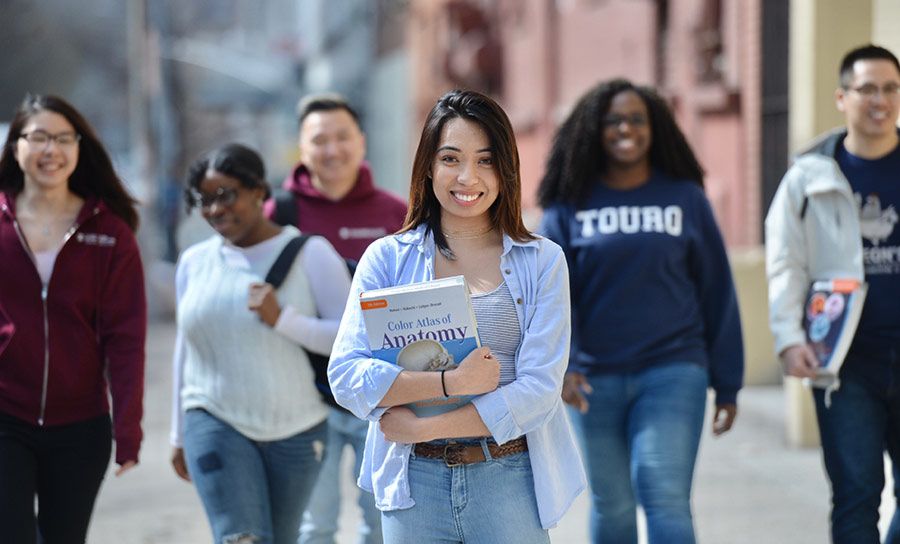
Following its mission
Touro has built its recent growth upon a foundation reflected in its mission: to strengthen the Jewish heritage and serve humanity, especially those who have been historically underserved.
Consider Touro’s medical school project nearly 2,000 miles from Manhattan.
“It wasn’t as if we looked around the country and said, let’s start a school in Montana,” Kadish said. “We were actually contacted by people locally who said, we’ve been trying to start a medical school for years and we hear that when you start a project you know how to do it.”
Not only does Montana lack its own medical school, it’s also facing a health care crisis. It has one of the highest suicide and binge-drinking rates in the nation, and nearly every county has a shortage of health professionals. About 20% of Montana counties have no doctors at all.
For Touro, a Montana medical school represented several strong opportunities. Touro accepts fewer than 10% of its medical school applicants annually, and a new college of osteopathic medicine would give qualified prospective medical students another high-quality option. A new medical school would expand Touro’s commitment to educating a diverse student body — about 20% of Touro’s D.O. students are underrepresented minorities. Because more than half of Touro’s medical school graduates go on to practice in primary care, the new school would provide new doctors to rural and Native communities throughout the state.
“Although we didn’t necessarily seek it out, it dovetailed with our plan to expand in health care, and it resonated with our mission,” Kadish said. “It checked a lot of the boxes of things that we felt were part of our mission.”
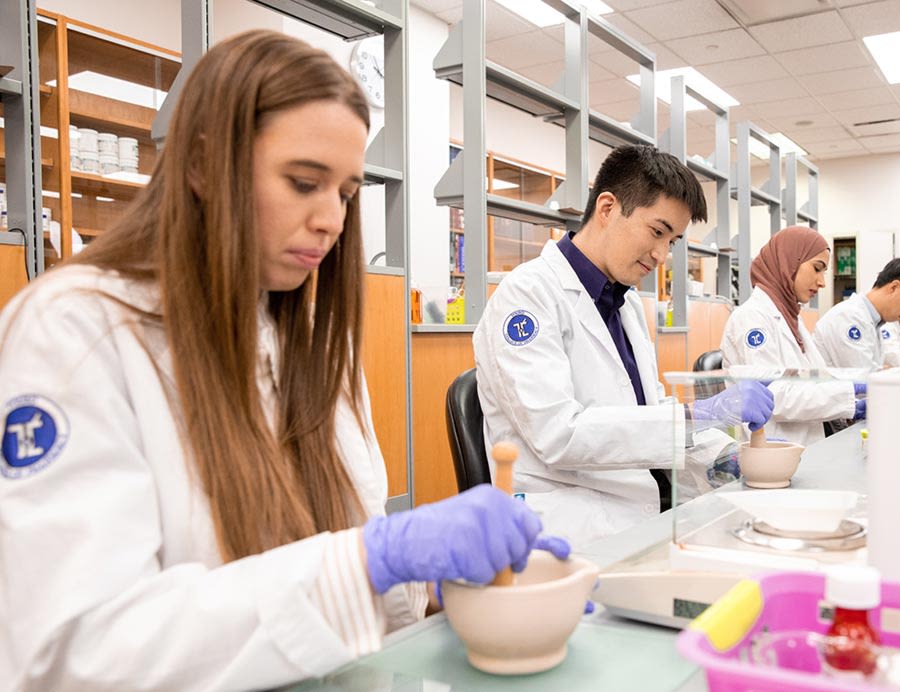
Serving its communities
Touro serves its communities in many other ways as well.
From its campuses near San Francisco and Las Vegas, Touro sends out mobile medical units to provide no-charge health screenings care to elderly, homeless and others in underserved areas. Touro students under faculty supervision do the screenings and gain valuable in-the-field experience. Touro Dental Health, the clinical teaching practice located at Touro’s dental school, recently launched a teledentistry service to serve patients with urgent dental needs. During the pandemic, Touro’s pharmacy students have been administering COVID-19 vaccines to the public.
A decade from now, Kadish envisions a Touro that’s not much bigger than it is today — but one that has increased its capacity and reputation in biomedical and related research areas and improved its quality overall to better support its students and communities.
“Our future,” Kadish said, “is more about making sure we fulfill our mission and improve in quality than it is about expansion.”
This content was paid for by Touro University and produced by Inside Higher Ed's sponsored content team. The editorial staff of Inside Higher Ed had no role in its preparation.


